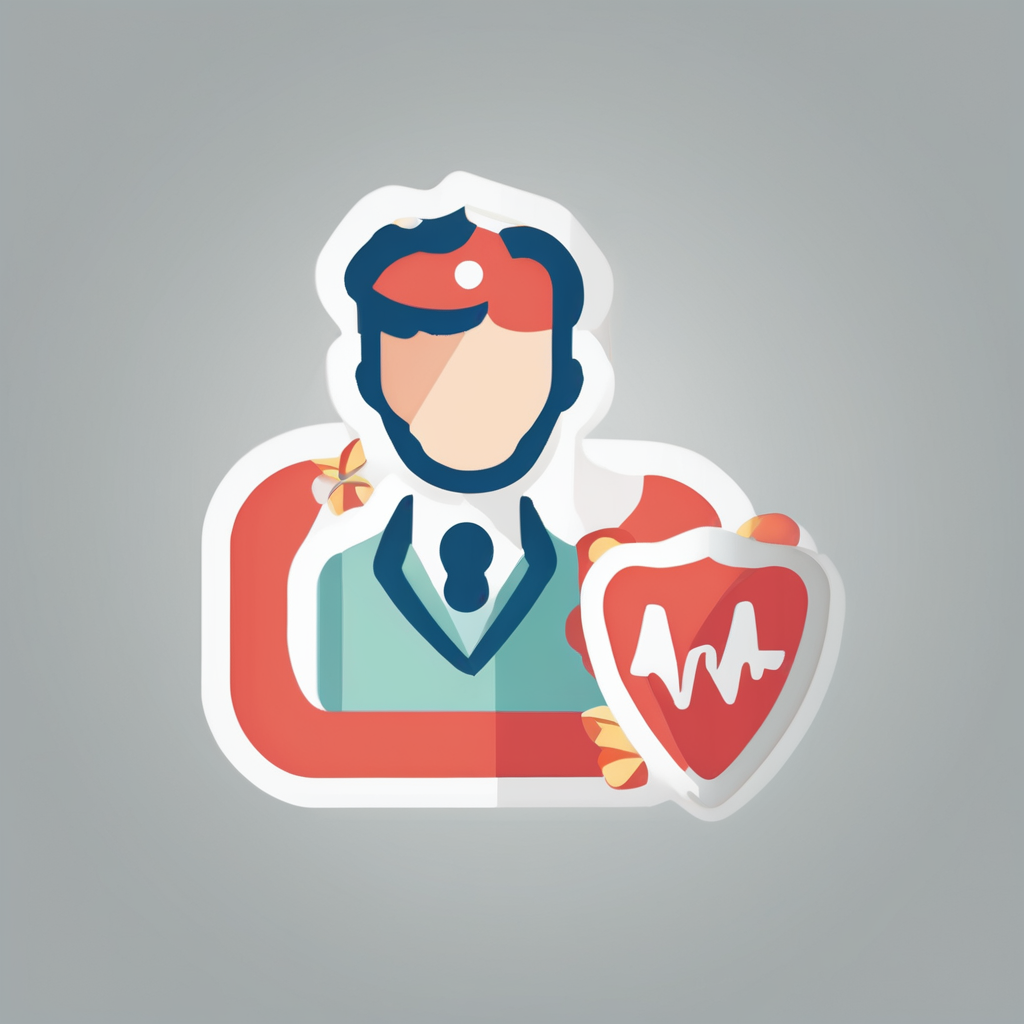Struggling with addiction can feel overwhelming, but you don’t have to face it alone. According to NHS England data from 2024, over 275,000 adults accessed specialist addiction treatment services, highlighting the growing recognition that professional support makes a real difference. Have you been searching for compassionate, expert guidance to help you reclaim control of your life?
Understanding Different Therapeutic Approaches Available
Modern addiction counselling draws from multiple therapeutic frameworks to address the complex nature of substance dependency. Cognitive Behavioral Therapy (CBT) remains one of the most effective approaches, helping clients identify and modify thought patterns that contribute to addictive behaviors. This evidence-based method teaches practical coping strategies and relapse prevention techniques. Professional addiction counselling in London offers personalized therapeutic approaches that address not just the symptoms, but the underlying causes of addiction, providing you with the tools and support needed for lasting recovery. Check this website https://www.philippejacquet.co.uk/central-london/central-london-addiction-counsellor/
Also read : How is the UK promoting healthier lifestyles to prevent chronic diseases?
Psychodynamic psychotherapy offers a deeper exploration of unconscious factors driving addiction. This approach examines childhood experiences, relationship patterns, and emotional wounds that may fuel substance use. Many clients find this introspective method particularly valuable for addressing long-standing issues. Family therapy recognizes that addiction affects entire family systems, not just individuals. Systemic interventions work to improve communication patterns, establish healthy boundaries, and create supportive environments for recovery. This collaborative approach often proves essential for sustained healing.
Holistic therapies complement traditional methods by addressing physical, emotional, and spiritual dimensions of recovery. Techniques like mindfulness meditation, art therapy, and body-based interventions help clients reconnect with themselves beyond their addiction. The key lies in treating underlying causes rather than merely managing symptoms, ensuring comprehensive and lasting change.
Also read : How Can Lifestyle Changes Proactively Improve Long-Term Health in the UK?
What Makes a Qualified Addiction Therapist in Central London
Finding the right addiction therapist requires careful consideration of their professional credentials and therapeutic approach. A qualified practitioner should demonstrate both technical expertise and the personal qualities necessary to guide you through recovery.
When evaluating potential therapists, several key criteria distinguish truly qualified professionals from those with limited experience or training.
- Professional accreditation with recognised bodies like BACP, UKCP, or BPS, ensuring adherence to ethical standards and ongoing professional development
- Specialised addiction training beyond general counselling qualifications, including evidence-based approaches like CBT, DBT, or motivational interviewing
- Extensive clinical experience working specifically with addiction cases, demonstrating understanding of complex dependency patterns and co-occurring mental health conditions
- Personalised treatment planning that considers your unique circumstances, addiction type, and recovery goals rather than applying one-size-fits-all approaches
- Ongoing supervision and continuous professional development to stay current with latest therapeutic techniques and research
The most effective therapists combine clinical expertise with genuine empathy, creating a safe space where you can explore underlying issues contributing to addictive behaviours without fear of judgement.
Flexible Treatment Options: Online and In-Person Sessions
Modern addiction therapy has evolved to meet people where they are, offering both online sessions and traditional face-to-face appointments. Research consistently shows that both formats deliver comparable therapeutic outcomes when delivered by qualified professionals, giving you genuine choice in how you access support.
Online sessions provide unmatched convenience, particularly for those managing demanding schedules or dealing with mobility challenges. You can connect with your therapist from the comfort of your own space, eliminating travel time and reducing potential barriers to consistent attendance. Many clients find the familiar environment helps them open up more readily during sessions.
In-person therapy at our Central London location offers the unique benefits of direct human connection and a dedicated therapeutic space. Some individuals respond better to the physical presence of their therapist and the ritual of attending sessions in a professional setting. The face-to-face format can also facilitate certain therapeutic techniques that rely on non-verbal communication.
The beauty of modern therapeutic services lies in their flexibility. You might begin with online sessions for convenience, then transition to in-person meetings as your comfort level grows, or alternate between both formats based on your weekly schedule and therapeutic needs.
Your First Counselling Session: What to Expect
Stepping into your first counselling session can feel daunting, but understanding what lies ahead helps ease those initial nerves. Your therapist will begin with a comprehensive assessment, creating a safe space where you can share your story without judgment. This initial conversation focuses on understanding your unique relationship with addiction, identifying triggers, and exploring the underlying factors that brought you here.
During this first meeting, you’ll work together to establish clear, achievable goals for your recovery journey. Your counsellor will explain their therapeutic approach and how it can be tailored to address your specific needs. This collaborative process ensures that your treatment plan feels genuinely relevant and manageable, rather than overwhelming.
The session takes place in a completely confidential environment where privacy is paramount. Your therapist will outline the treatment framework, discuss session frequency, and answer any questions you might have about the therapeutic process. By the end of this initial appointment, you’ll have a clearer understanding of the path ahead and feel more confident about taking those crucial first steps toward recovery.
Investment in Your Recovery Journey
Addiction counselling represents a significant investment in your future, with session fees in London typically ranging from £80 to £200 per hour depending on the therapist’s expertise and location. Central London practices often reflect premium pricing due to their accessible locations and specialized services.
Many clients initially focus on the immediate cost, but the true value lies in the long-term benefits of recovered health, restored relationships, and renewed career prospects. When you consider the financial impact of addiction itself, professional counselling often pays for itself through improved life outcomes and reduced crisis interventions.
Private health insurance increasingly covers addiction treatment, with many policies recognizing mental health parity. It’s worth checking your coverage or speaking with your employer about available support schemes. Some therapists also offer sliding scale fees or payment plans to make treatment more accessible.
The location at 34 South Molton Street provides convenient access for professionals who value both discretion and quality care. Remember that choosing the right therapist based on expertise and rapport often matters more than finding the lowest price when it comes to achieving lasting recovery.
Frequently Asked Questions About Addiction Counselling
Choosing the right addiction counselling service can feel overwhelming when you’re already struggling. These frequently asked questions address the most common concerns people have when seeking professional support in London.
How do I find a qualified addiction counsellour in London?
Look for BACP-registered therapists with specific addiction training. Check their credentials, read client reviews, and ensure they offer evidence-based treatments like CBT or motivational interviewing for comprehensive care.
What types of addiction therapy are available in central London?
Central London offers diverse approaches including cognitive behavioural therapy, psychodynamic therapy, group sessions, and holistic treatments. Many practitioners combine multiple methods for personalised recovery plans.
How much does addiction counselling cost in London?
Private addiction counselling in London typically ranges from £80-200 per session. Some therapists offer sliding scales, and certain insurance policies may provide coverage for addiction treatment.
Can I get online addiction counselling from London-based therapists?
Yes, many qualified London therapists now offer secure online sessions. This provides flexibility while maintaining the same professional standards and therapeutic effectiveness as in-person appointments.
What should I expect during my first addiction counselling session in London?
Your first session involves assessment, discussing your history, setting treatment goals, and establishing rapport. It’s a safe space to share openly without judgment while planning your recovery journey.


